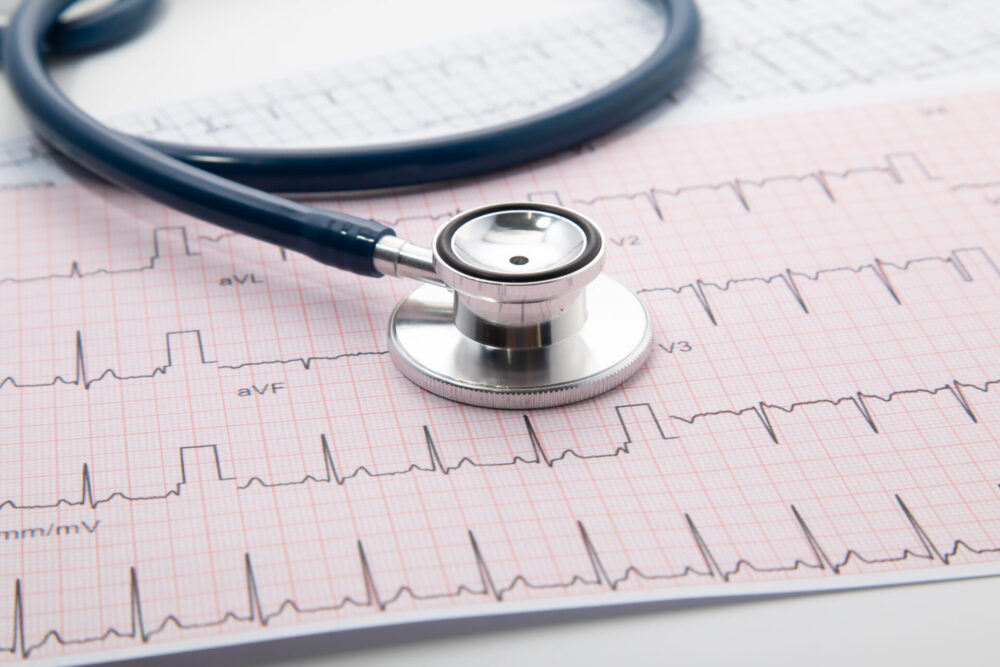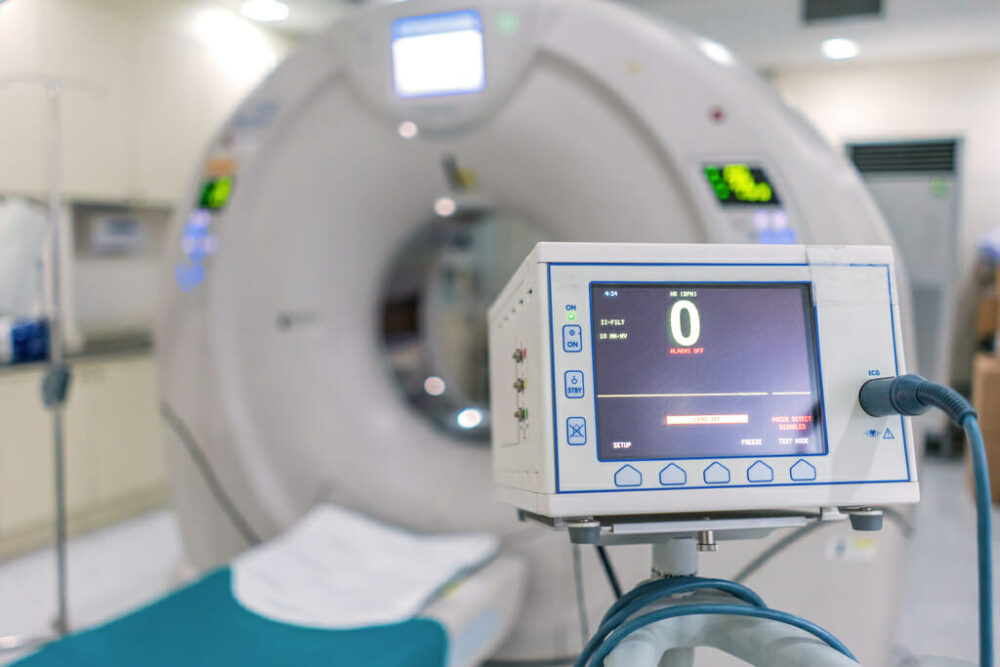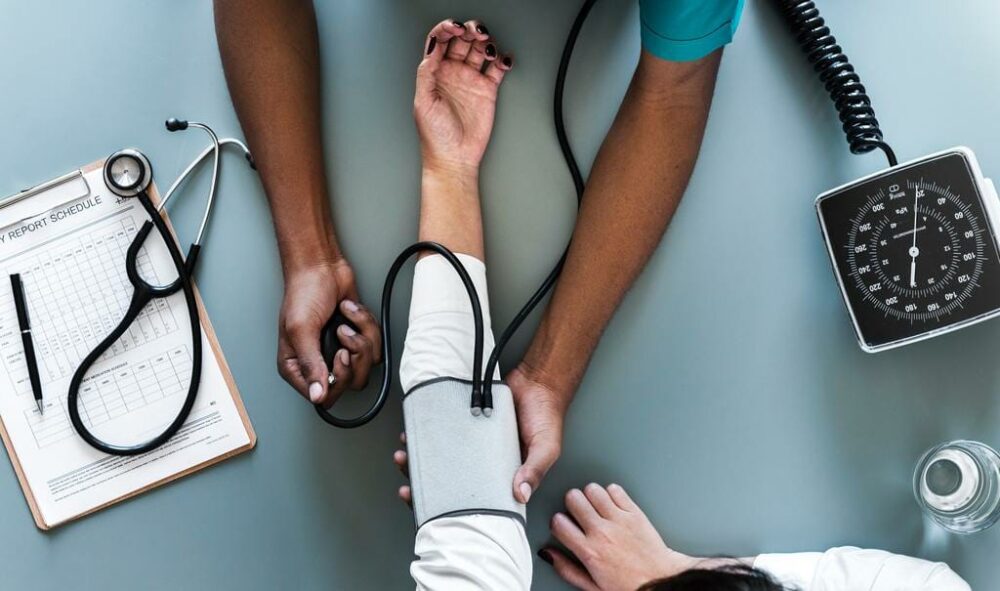Heart palpitations are something that most people will experience at some point in their lives – a heart palpitation is a heartbeat that suddenly becomes more noticeable, sometimes feeling like a ‘fluttery’ feeling. Palpitations may also be felt in the throat and neck, or it may feel like your heart is pounding or beating faster than normal. Whilst heart palpitations can be frightening, they are usually harmless – listed below are several tips you can use to stop heart palpitations if they occur.
Reduce stimulant/caffeine intake
Taking stimulants or consuming a lot of caffeine can lead to heart palpitations occurring – whilst they won’t cause palpitations in everyone, an excess of stimulants/caffeine will cause palpitations in a small number of people, so reducing your caffeine/stimulant intake is one way in which you can prevent heart palpitations from occurring. As well as caffeine, other stimulants that may cause heart palpitations include:
- Illegal drugs
- Tobacco
- Prescription medication
If you are starting any new medication and have heart palpitations, it is important to notify your doctor of this.
Try relaxation techniques
One of the best things you can do to lessen your heart palpitations is to try relaxation techniques, such as meditation. Stress is a well-known factor with heart palpitations, and anxiety may also lead to panic attacks. Yoga, meditation, and tai chi are all very useful for relaxing the body, but if you don’t want to try any of these methods, you should try to keep relaxed and take several deep breaths when you feel stressed. This will help to reduce your palpitations and may make you feel more relaxed in general.
Make sure you exercise regularly
Regular exercise is recommended for all those that are physically able to do it, to make your body more healthy overall. Regular exercise is good for mental wellbeing as well as physical wellbeing and can help to make you feel more relaxed, by releasing endorphins in the brain.
By exercising regularly, you can improve your overall heart health, which should help to regulate your heartbeat, leading to fewer palpitations. Cardio is particularly beneficial for this – whilst the idea of taking to a treadmill at the gym may be daunting, you could go for a brisk walk instead, which would still count as regular exercise. It’s important to note that starting a new exercise regime may trigger heart palpitations in a small number of people, so it’s best to consult with your doctor first before exercising.
For information about when to see a specialist about heart palpitations, please read our blog article.
If you have any queries about heart palpitations, contact an Expert Cardiologist today for friendly help and advice.
Request A Call Back
Please fill in the contact form and we will call you back at a time most convenient for you.
RECENT POSTS




